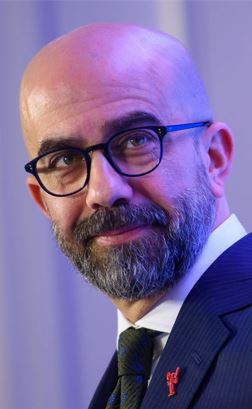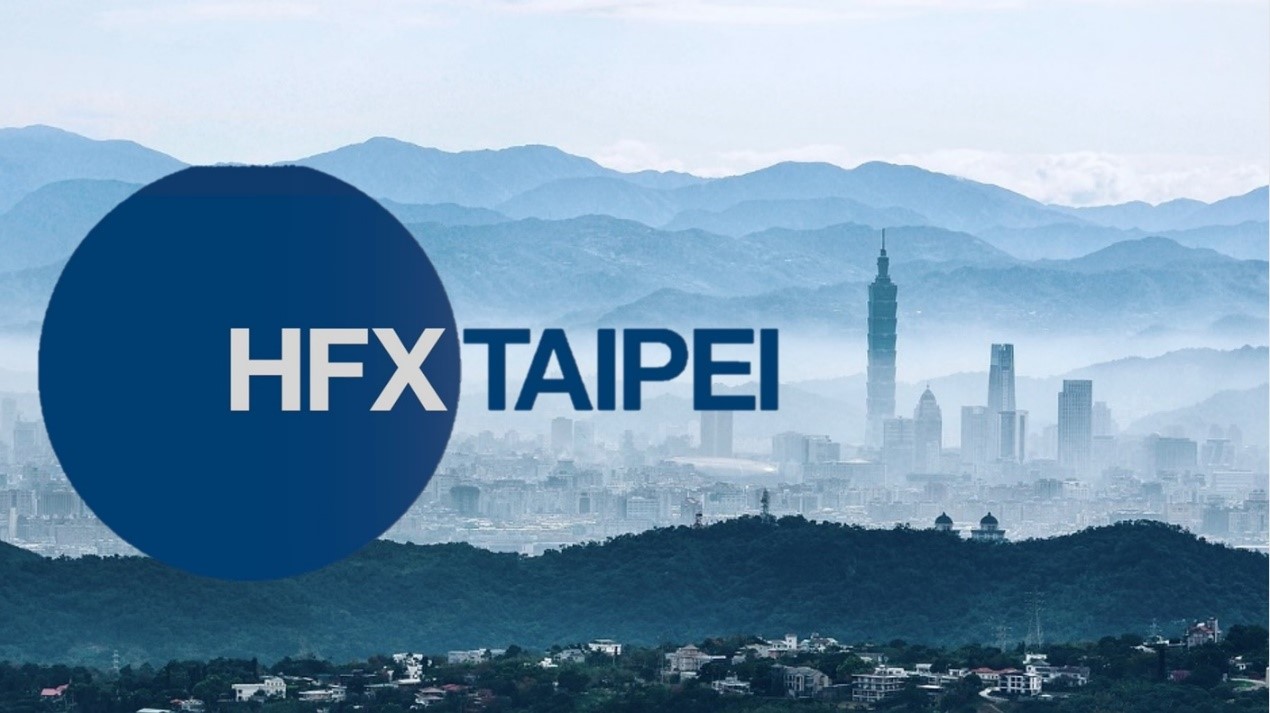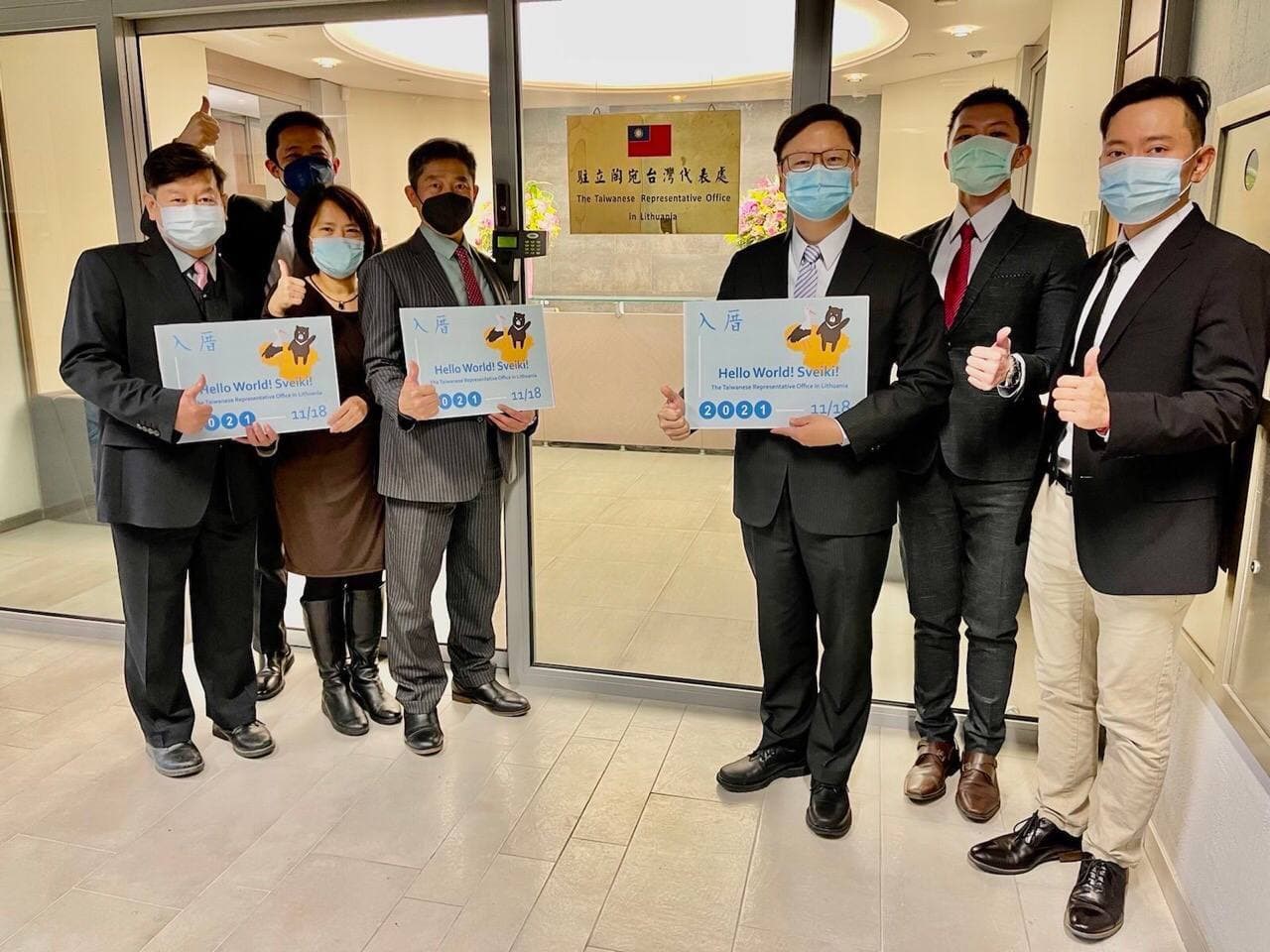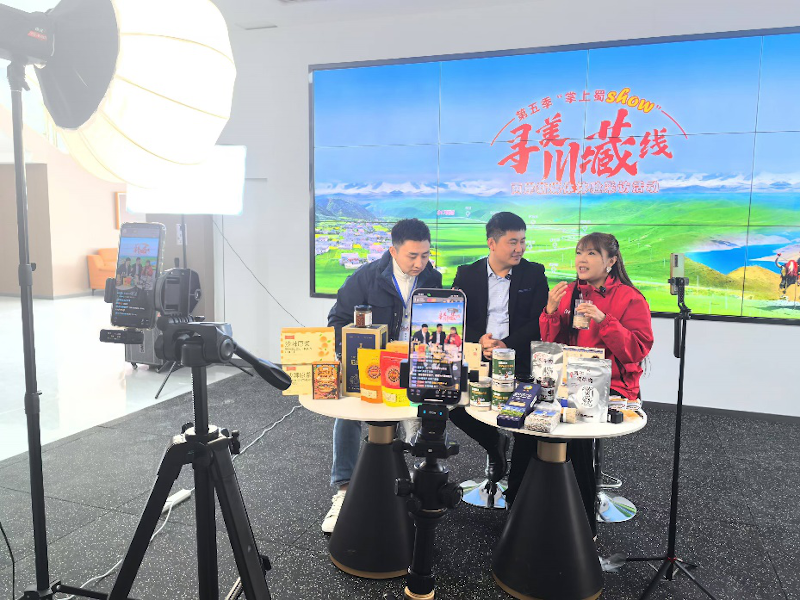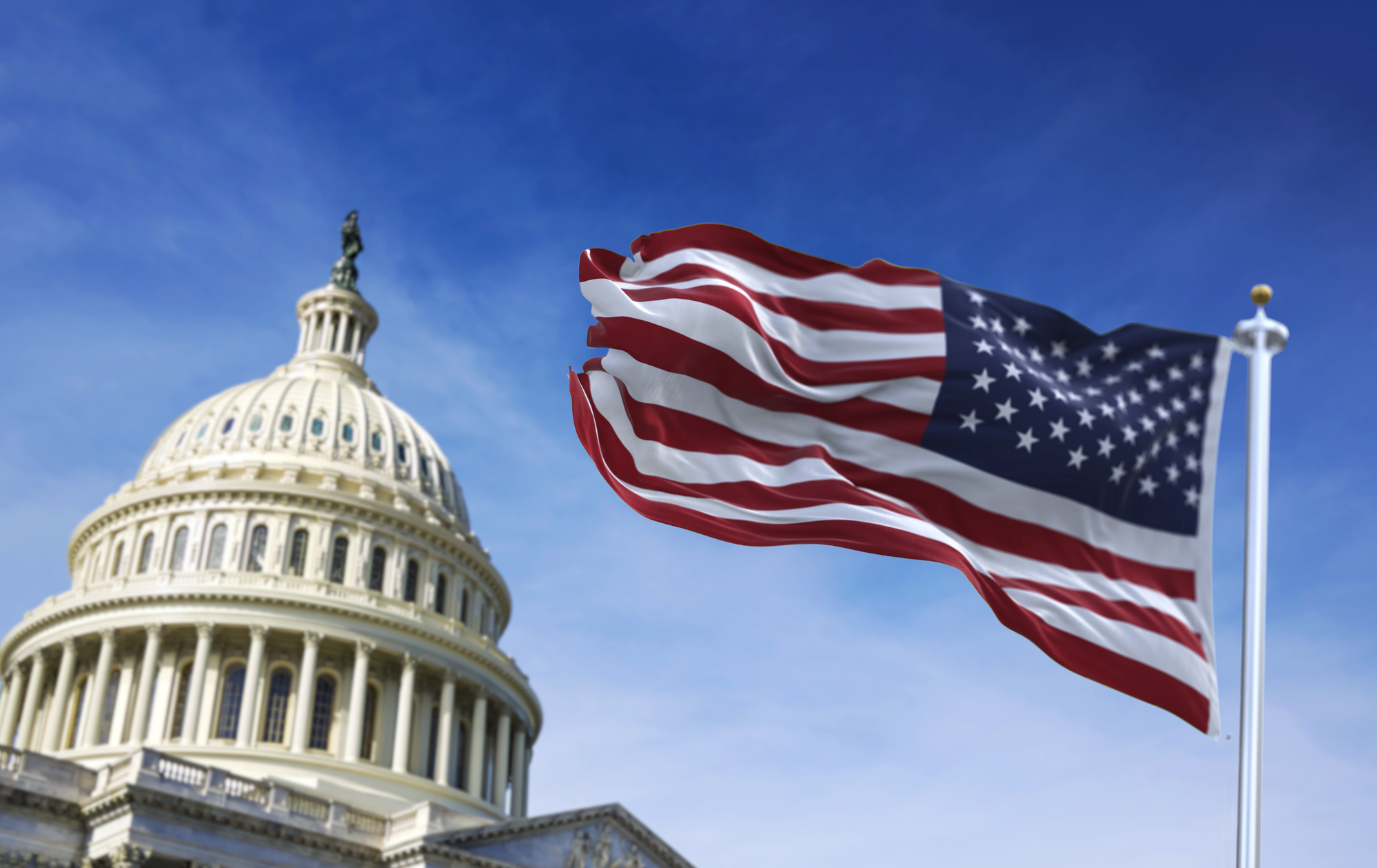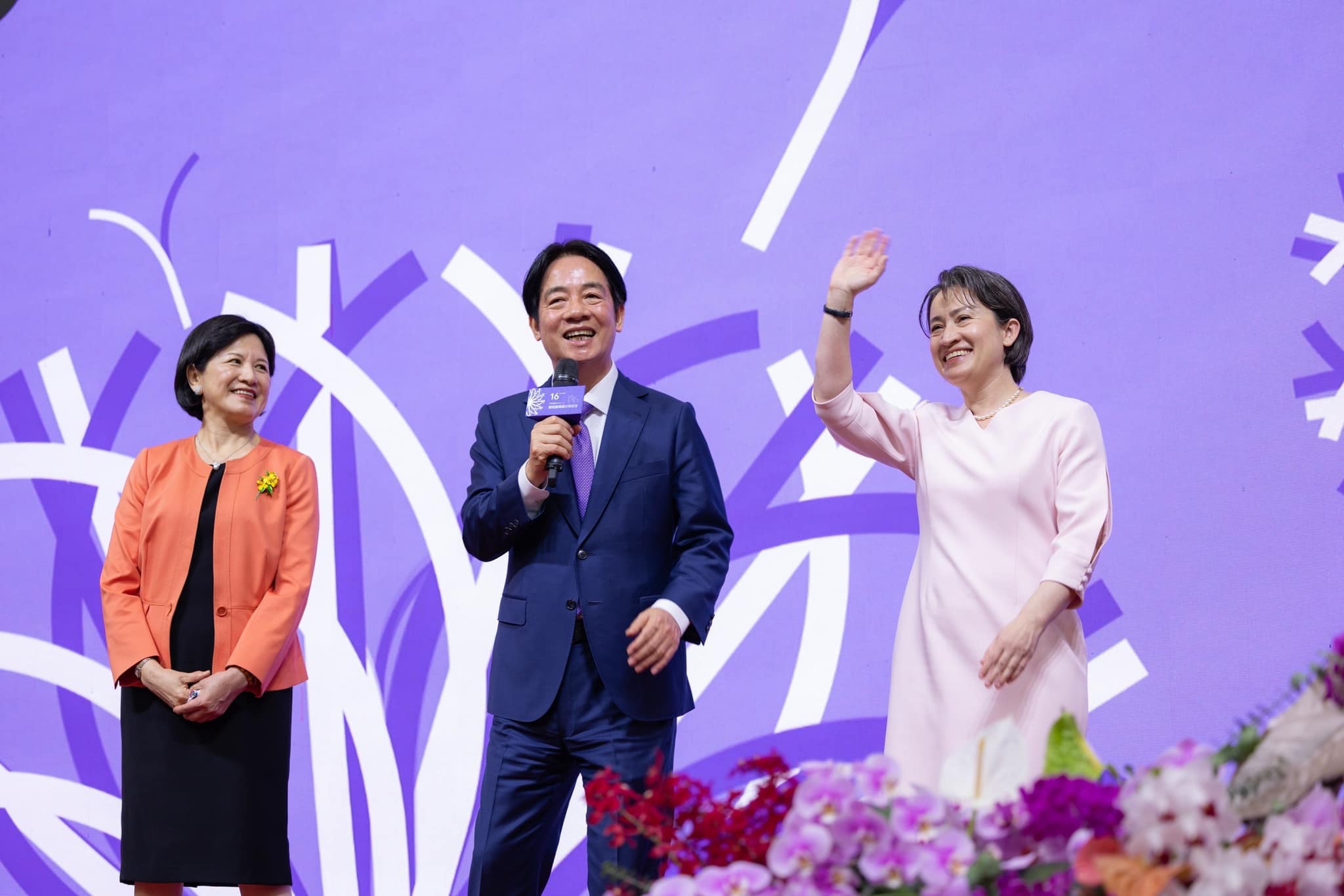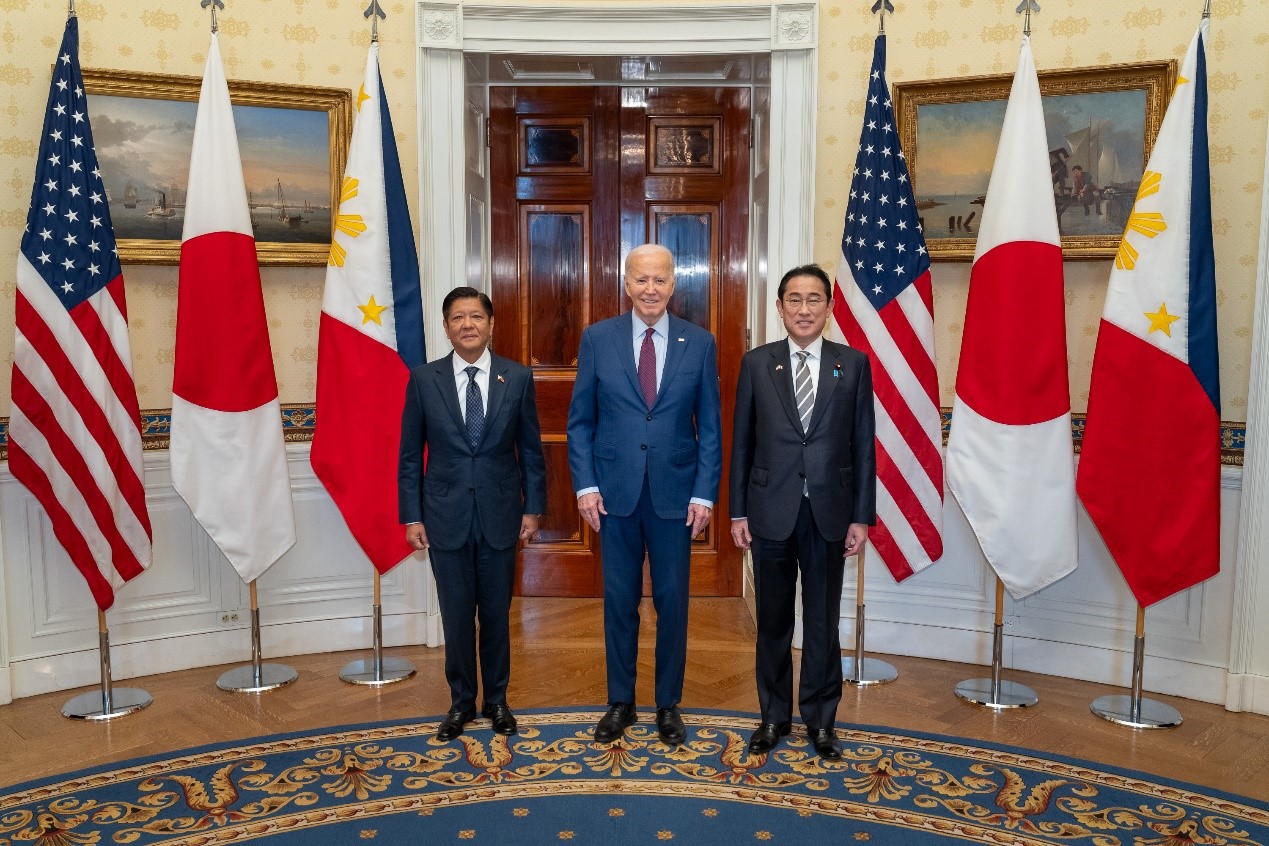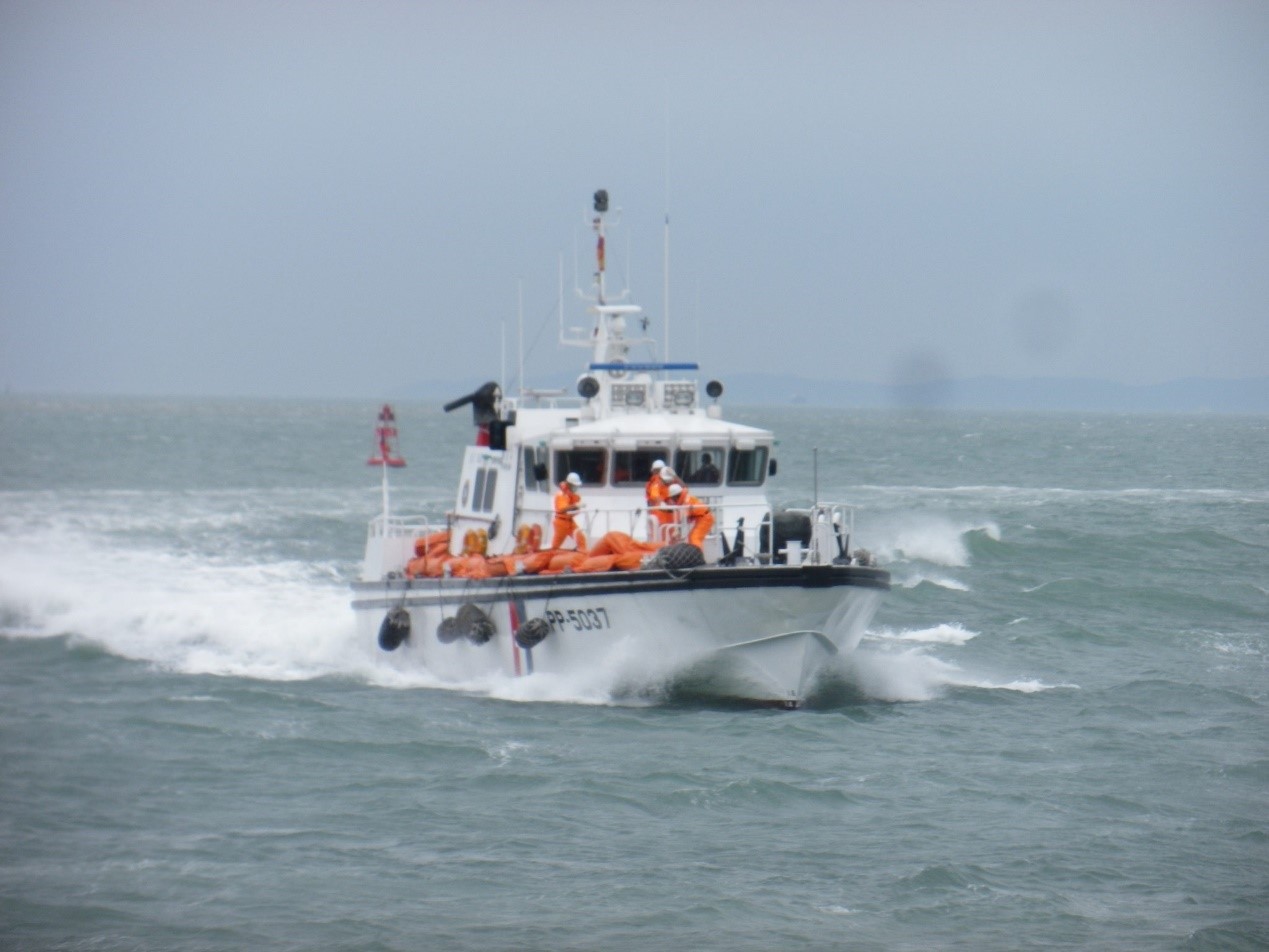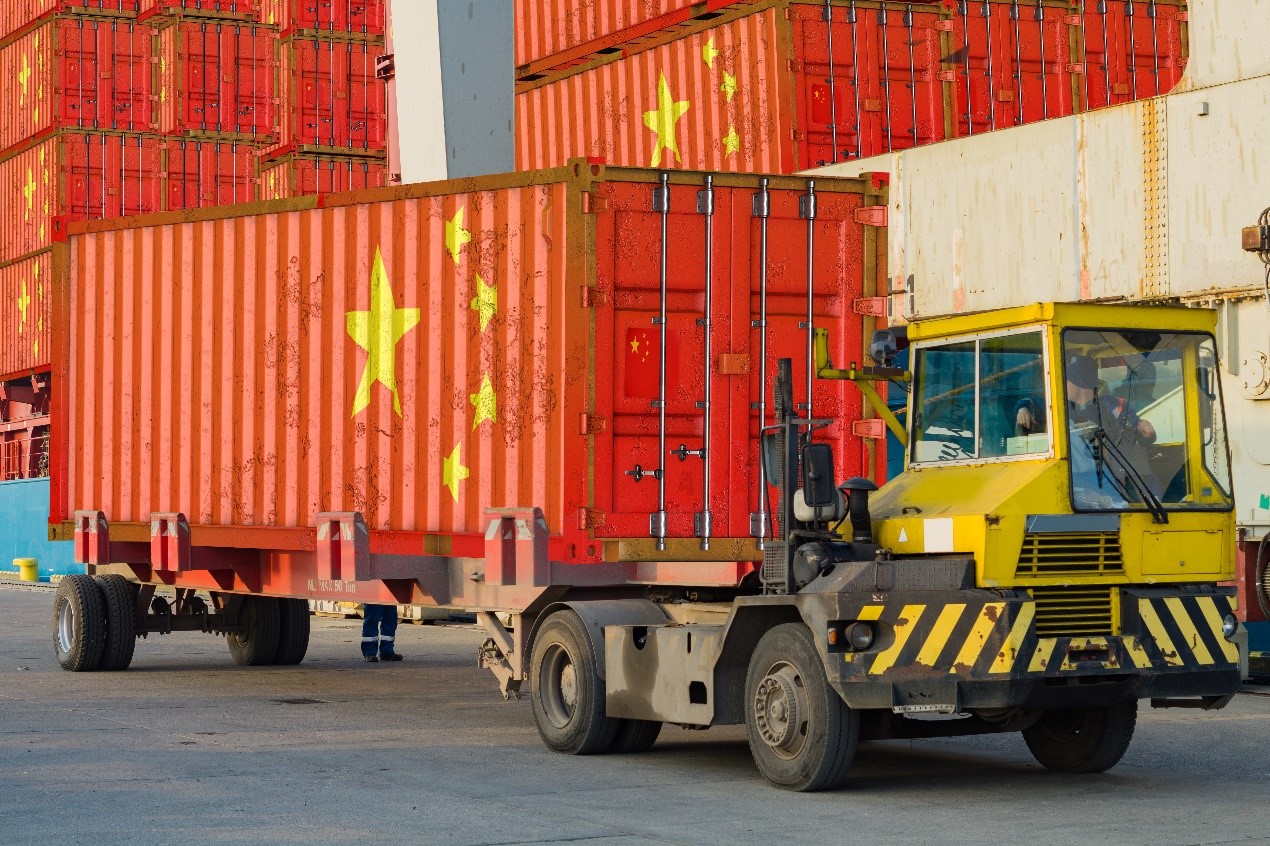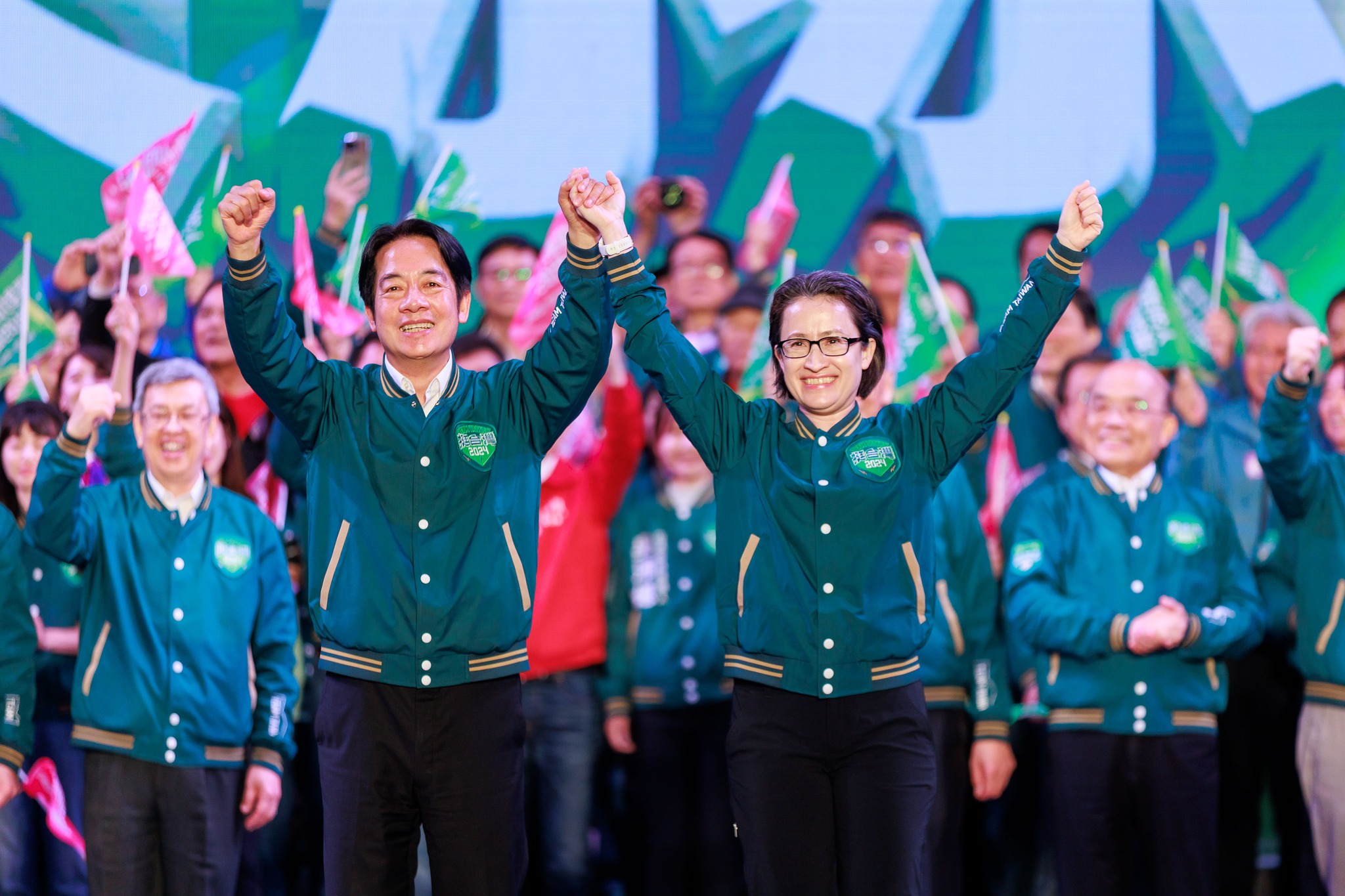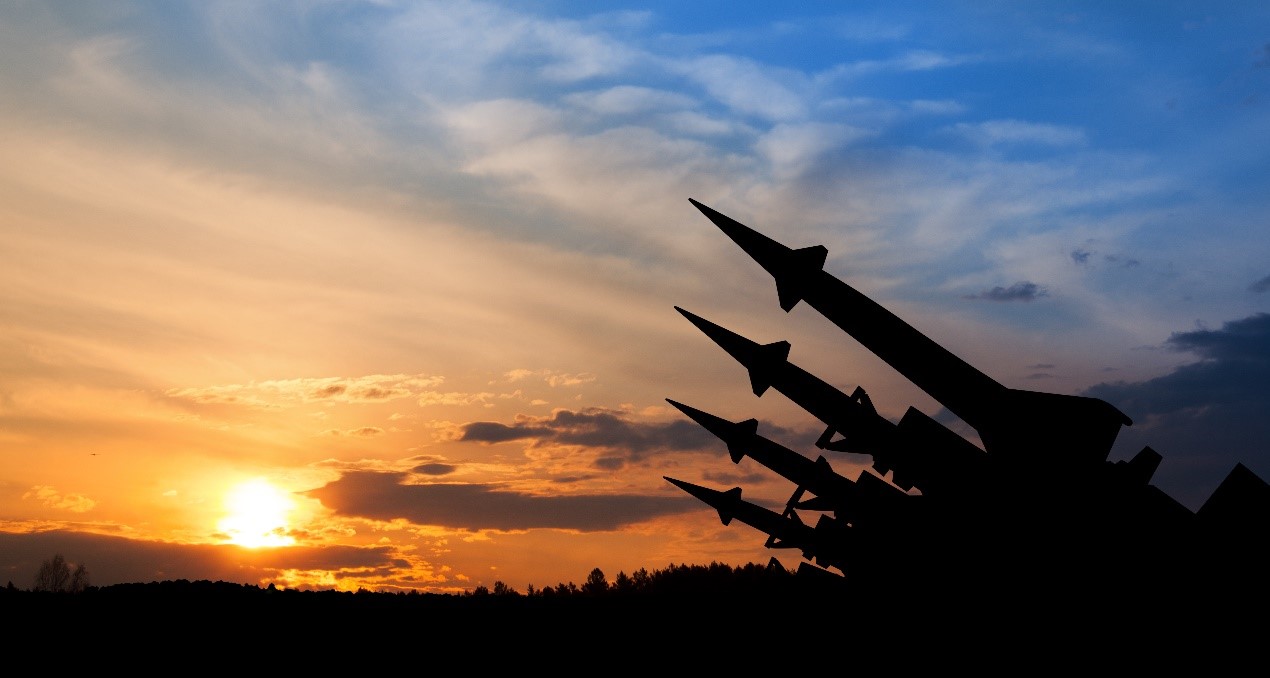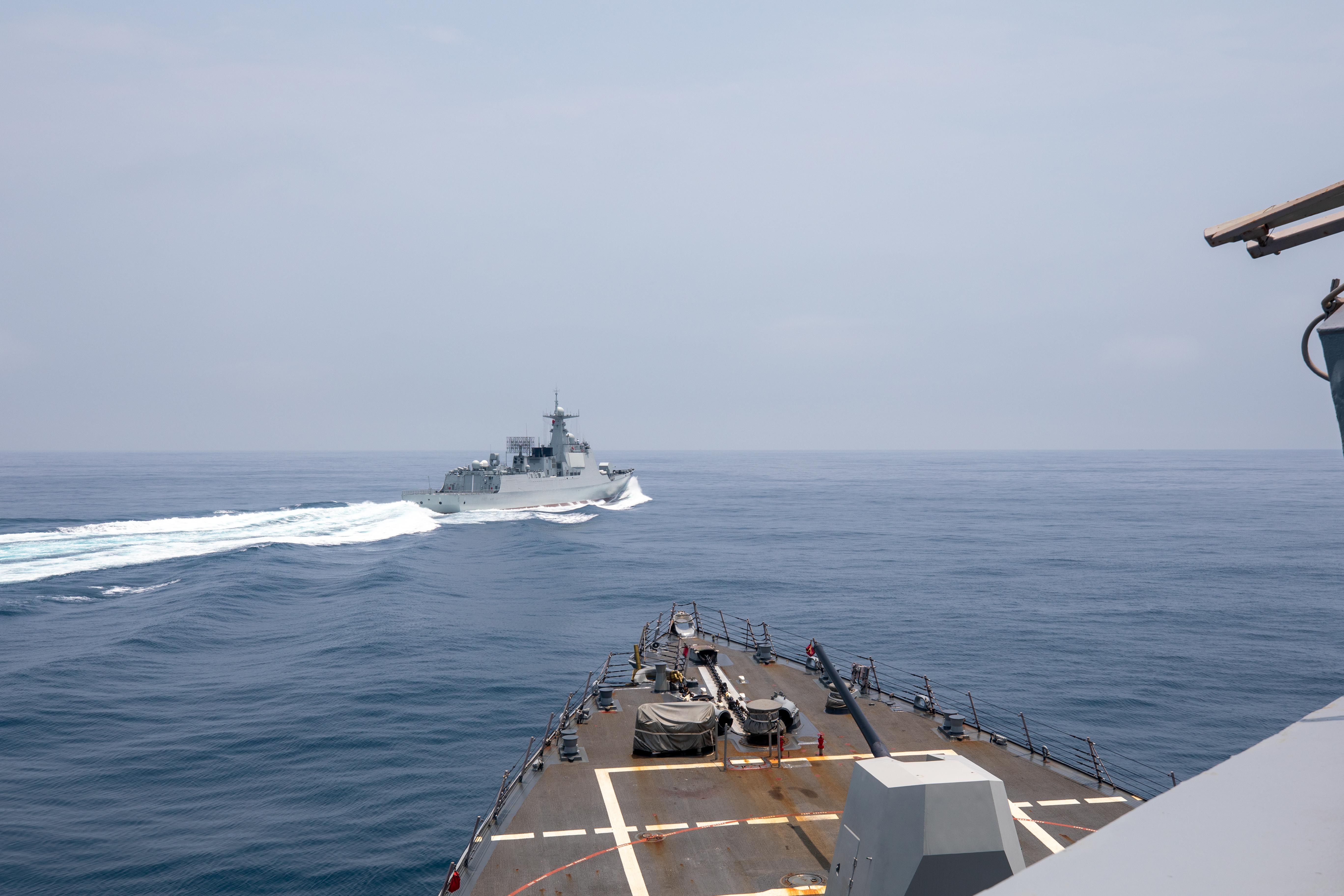HFX is coming to Taipei in winter 2022. The Washington, D.C.–based organization best known for its influential annual Halifax International Security Forum announced during the summer that it is partnering with the Institute for National Defence and Security Research (INDSR) to hold a major international conference in Taiwan for the world’s democracies.
Prospects & Perspectives 2021 No. 54
Halifax in Taiwan
October 25, 2021
HFX is coming to Taipei in winter 2022. The Washington, D.C.–based organization best known for its influential annual Halifax International Security Forum announced during the summer that it is partnering with the Institute for National Defence and Security Research (INDSR) to hold a major international conference in Taiwan for the world’s democracies.
This short piece will describe both why and how HFX works to bring democracies together and will explain the rationale behind its decision to choose Taipei as host-city of its first major undertaking outside of North America.
Halifax International Security Forum was born in 2009 with a straightforward, yet vital mission: to strengthen strategic cooperation among the world’s democracies.
The idea behind that mission was inspired by two simple, yet fundamental truths. First, there are specific major global threats that can only be met when the democracies work seriously and together toward meeting them. Second, when the democracies — led by the United States — do stand firmly together, no threat is too big to be met successfully. The People’s Republic of China (PRC) is one of those threats.
The Importance of Standing Together
Recent events, including the chaotic withdrawal from Afghanistan, dictate that getting the world’s democracies to cooperate effectively with each other is the real test. For more than a decade, HFX has been bringing the democracies closer together by literally doing just that. Convening civil society leaders and writers who influence strategies on global security together with defense ministers, military leaders and other government decision-makers, keeps the democracies closely intertwined. Government representatives from non-democracies are not invited.
Although Halifax International Security Forum is held on the Canadian Atlantic coast in near freezing conditions each November, the meetings are warm and constructive and an unparalleled opportunity for like-minded people from each continent to learn from each other and make concrete plans for real cooperation.
Even so, in those first few years of Halifax International Security Forum, some policy practitioners remained skeptical and questioned the very idea that an international security meeting could be relevant with only democracies present. At that time, conventional wisdom was that an economically vibrant PRC would progress toward more freedom for its people. “How can you have a security conference without China in the room?” some asked.
And so, HFX spent more than a decade systematically calling attention to the challenge the PRC posed. In 2011, Halifax International Security Forum featured the panel, “The Chinese Century: Do We Prepare? Or Can We Prevent?” The dangers of the crowded South China Sea were examined in the 2012, “Mischief or Miscalculation: China and the Rise of Confusion-ism.” In 2013, Halifax already understood that China’s economy wasn’t going to continue growing at the same pace for too much longer and generated the conversation, “Peak-ing China, the Shrinking Rise.”
By 2015, Halifax International Security Forum had attracted Admiral Harry Harris, Commander of Indo-Pacific Command, all the way to the Atlantic coast to speak to its global participants about the threat that the PRC posed. Every Indo-Pacific commander since has been at Halifax to inform and update its participants.
And in HFX awarded its 2019 John McCain Prize for Leadership in Public Service to the People of Hong Kong for their peaceful and courageous protests.
As Halifax International Security Forum methodically alerted policymakers to the challenges posed by the PRC, it was helped along by the PRC itself. Building and arming islands in the South China Sea, sending its Muslim Uyghur population to “re-education camps,” and imposing national security legislation on Hong Kong that does not comply with the Sino-British Joint Declaration all contributed to a new and harsh understanding of the dangers the PRC represented.
In January 2020 HFX launched a study that would seek to interview more than 250 experts from around the world, including cabinet secretaries from the Clinton, Bush and Obama administrations. The study’s launch coincided with the emergence of the global coronavirus pandemic that began in Wuhan, and all the uncertainty that accompanied it.
By the time HFX published China vs. Democracy: The Greatest Game in November 2020, people around the world had begun to understand the real threat that the PRC posed — to supply chains, to international organizations, to the open exchange of information, to the protection of confidential information, and to freedom of the seas and skies. The paradigm shift had begun in earnest.
And as the PRC and the United States adjusted to this new realization, it became clear that Taiwan stood on the front lines of freedom.
Meeting in Taiwan
In May 2021, the Economist called Taiwan the most dangerous place on earth. Admiral Phil Davidson, then Indo-Pacific Commander, warned Congress that the PRC could be capable of invading by 2027. Chiu Kuo-cheng, Taiwan’s defense minister, said it could be 2025. In short, there is an urgent threat to Taiwan’s democratic future.
Of course, it should go without saying that the threat to Taiwan’s democratic future is a threat to all democracies. However, reality dictates that it has to be said. And repeated. And repeated. And repeated again.
Initial indications suggest some success. When HFX announced that it would award President Tsai Ing-wen its John McCain Prize for Leadership in Public Service earlier this year, there was an outpouring of support from all around the world. The support was meaningful because it signaled to democratic governments from as far away as Canada and Europe that their own citizens were not going to let governments ignore Taiwan’s considerable democratic accomplishments over the past two and half decades.
The two fundamental truths that inspired HFX’s mission remain: the threat from the PRC can be successfully met when the democracies work together. And, when the United States and the world’s democracies do stand together, the threats now coming from the PRC will, indeed, be successfully met.
When HFX Taipei convenes, it will bring together serious and recognizable individuals from the democratic world to offer verbal support to the island’s democracy and generate strategic ideas for safeguarding it.
Most important, however, will be the very act of coming together in person in Taiwan. It will lead directly to greater understanding of the threat and greater popular support for meeting it. Indeed, HFX Taipei will be a significant stepping-stone along the way to strengthening strategic cooperation among the world’s democracies and together, meeting the threat to all of our democracies that the PRC represents.
(Peter Van Praagh is the Founding President of HFX.)

